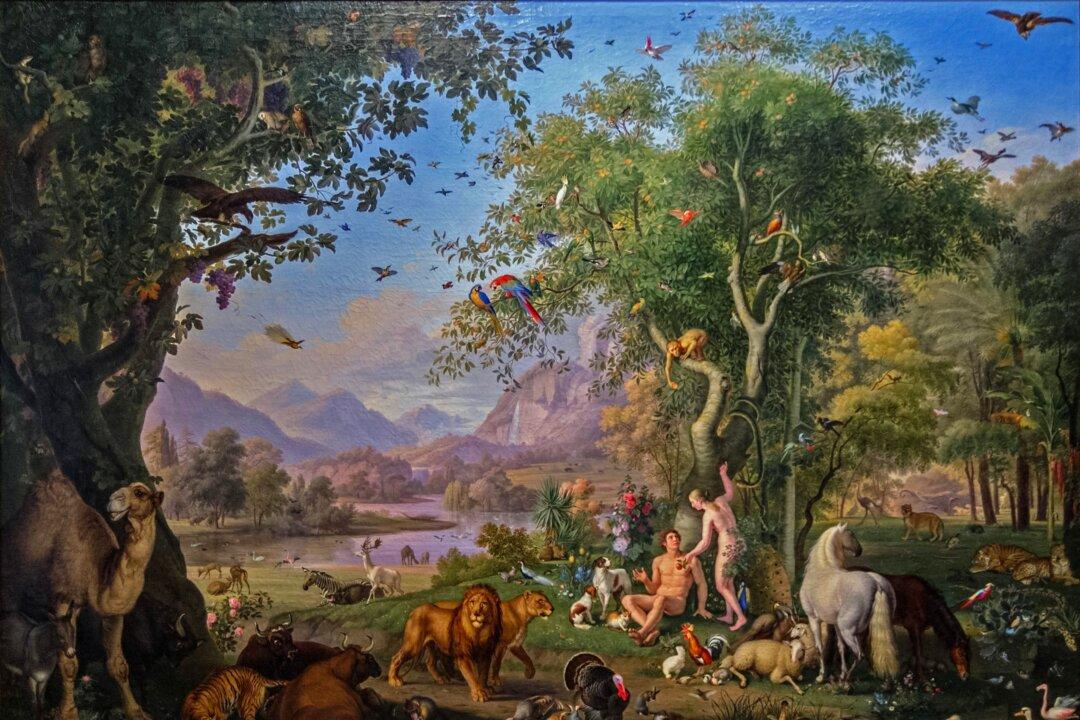Instead of focusing on our exercise or diet to increase our well-being, important as these are, what if we were to start at the top end and focus on our spiritual well-being. What would that look like?
In part 1 of this article, we considered how so-called business posts on LinkedIn in 2021 had become much more personal in nature, specifically relating to mental health problems, and how instead of people working at the top end of their nature—that is, the spiritual—often they were seeking to solve their issues at the lower end, which is the physical. The four levels of human nature are physical–doing (body), emotional–feeling (emotions), mental–thinking (mind), and spiritual–knowing/being (spirit).






